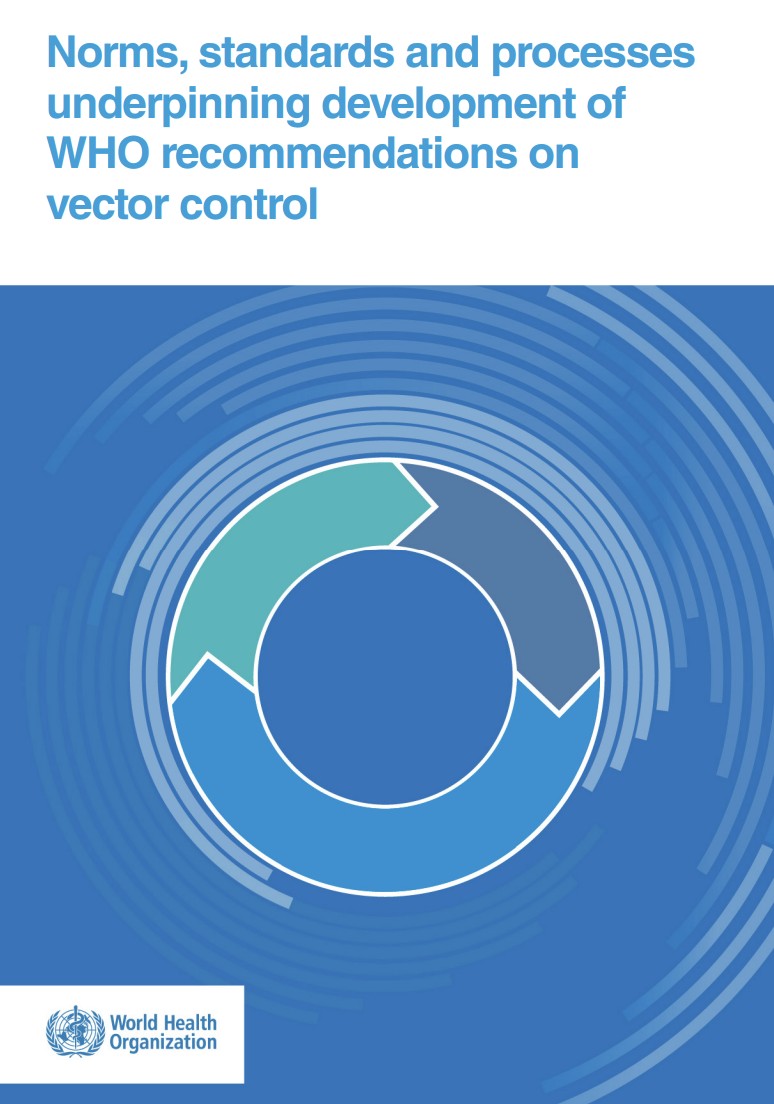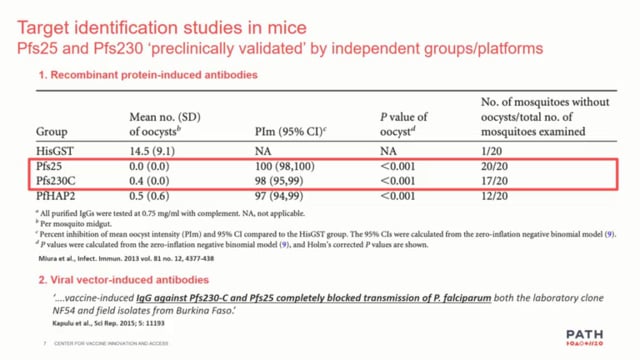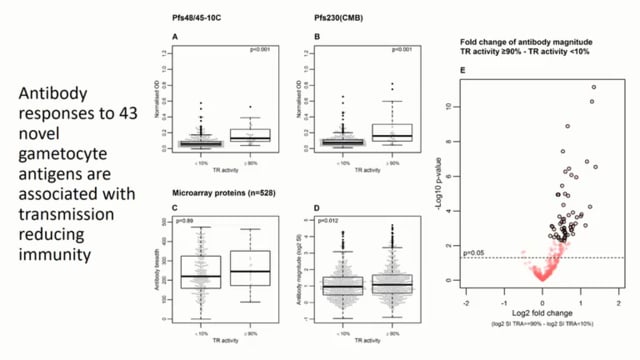Last Updated: 02/12/2024
Development of novel transmission blocking vaccine targeting microgamete surface antigen of Plasmodium falciparum
Objectives
This research aims to investigate the transmission of P. falciparum malaria by creating a monoclonal antibody targeting PfMiGS and measuring its propagation-inhibiting activity using vector mosquitoes.
The homologue (PfMiGS) of the microgamete surface protein (MiGS), which showed high propagation-inhibiting activity in the applicants’ previous study using the Plasmodium falciparum, showed even higher antigenicity. It was continued to generate monoclonal antibodies targeting an intramolecular region (Region 6). Two mice that had been immunized five times with recombinant protein from Region 6 of PfMiGS (rPfMiGS-R6) during the previous year were immunized twice. The increase in antibody titer was measured by an ELISA method using as an antigen. A hybridoma was prepared using one mouse that was confirmed to have a high antibody titer. Hybridomas producing monoclonal antibodies were screened by ELISA using rPfMiGS-R6 as an antigen. As a result of the tertiary screening, we succeeded in establishing five hybridoma strains that produce monoclonal antibodies that specifically react with rPfMiGS-R6. The monoclonal antibody subclass that showed the highest reactivity was IgG1. In parallel with this, for the purpose of more accurately testing the antigen-reactive specificity of monoclonal antibodies, a genetically modified Plasmodium falciparum parasite (PfMiGS::Myc), in which a Myc tag was added to PfMiGS, was used as a positive control and a negative control. A PfMiGS-deficient Plasmodium falciparum parasite (PfΔPfMiGS) was produced. After investigating various conditions, the study succeeded in stably developing gametocytes and partially gametes not only in wild-type Plasmodium falciparum, but also in genetically modified PfMiGS::Myc and PfΔPfMiGS. Using these protozoa and the prepared monoclonal antibody, it became possible to perform detailed characterization such as the expression pattern of PfMiGS.
Apr 2020 — Mar 2023
$157,068


